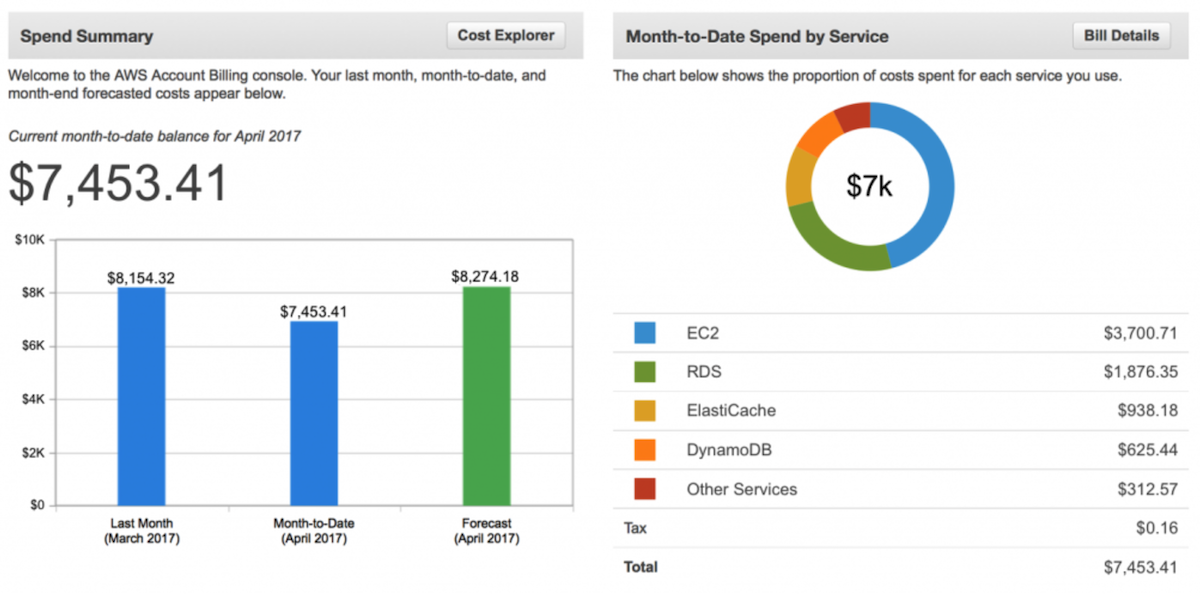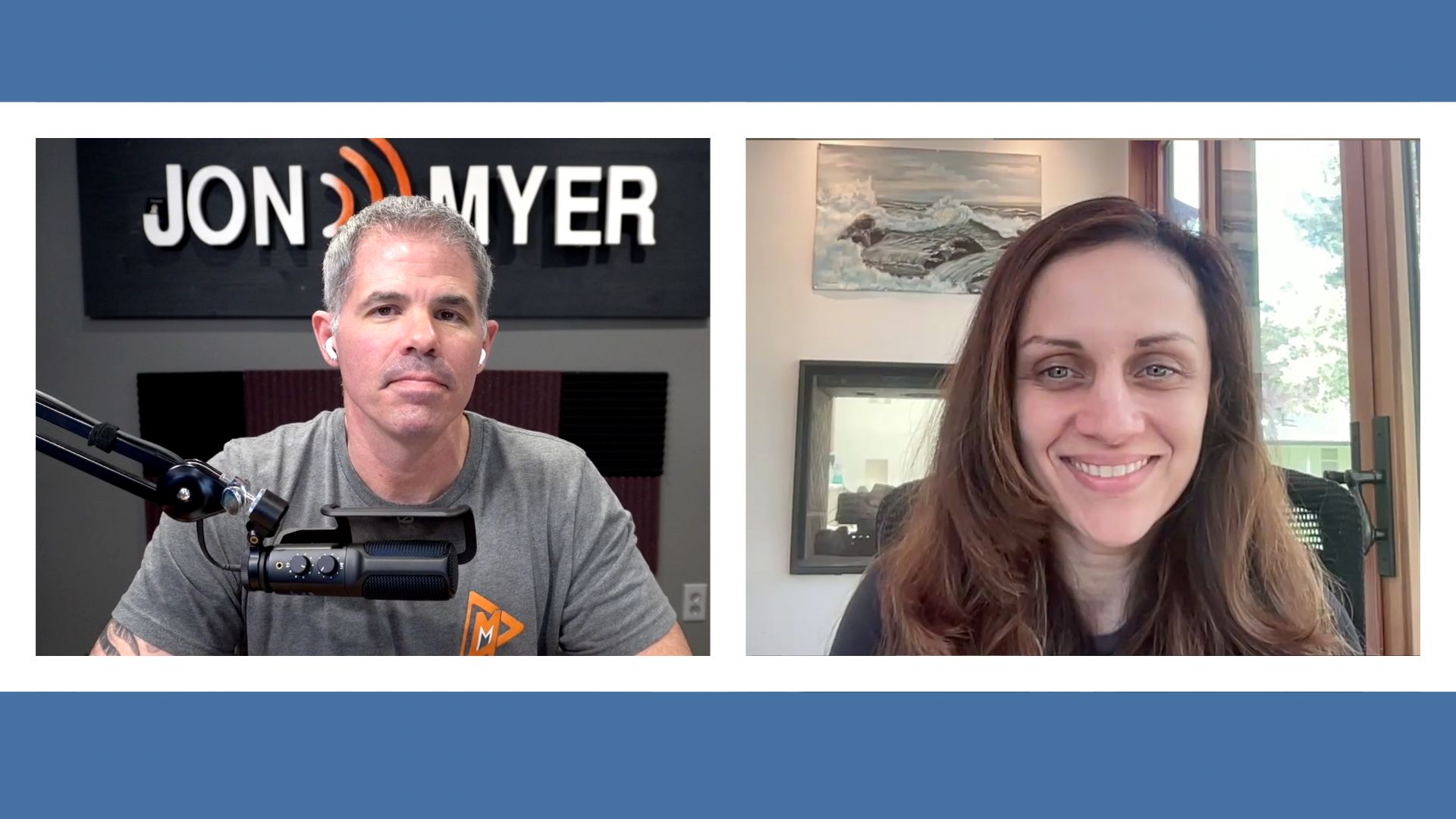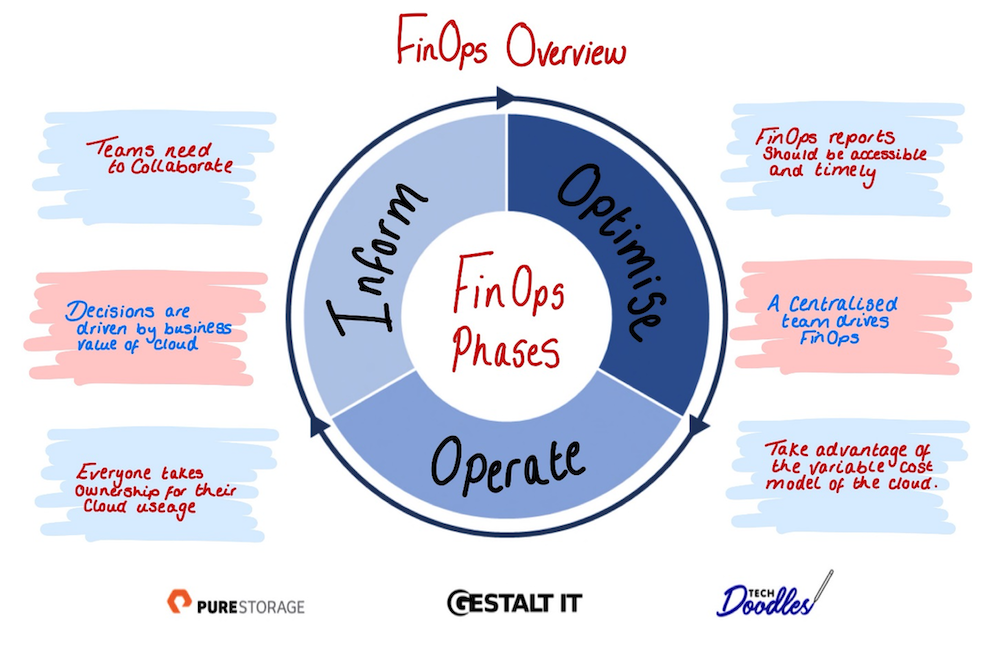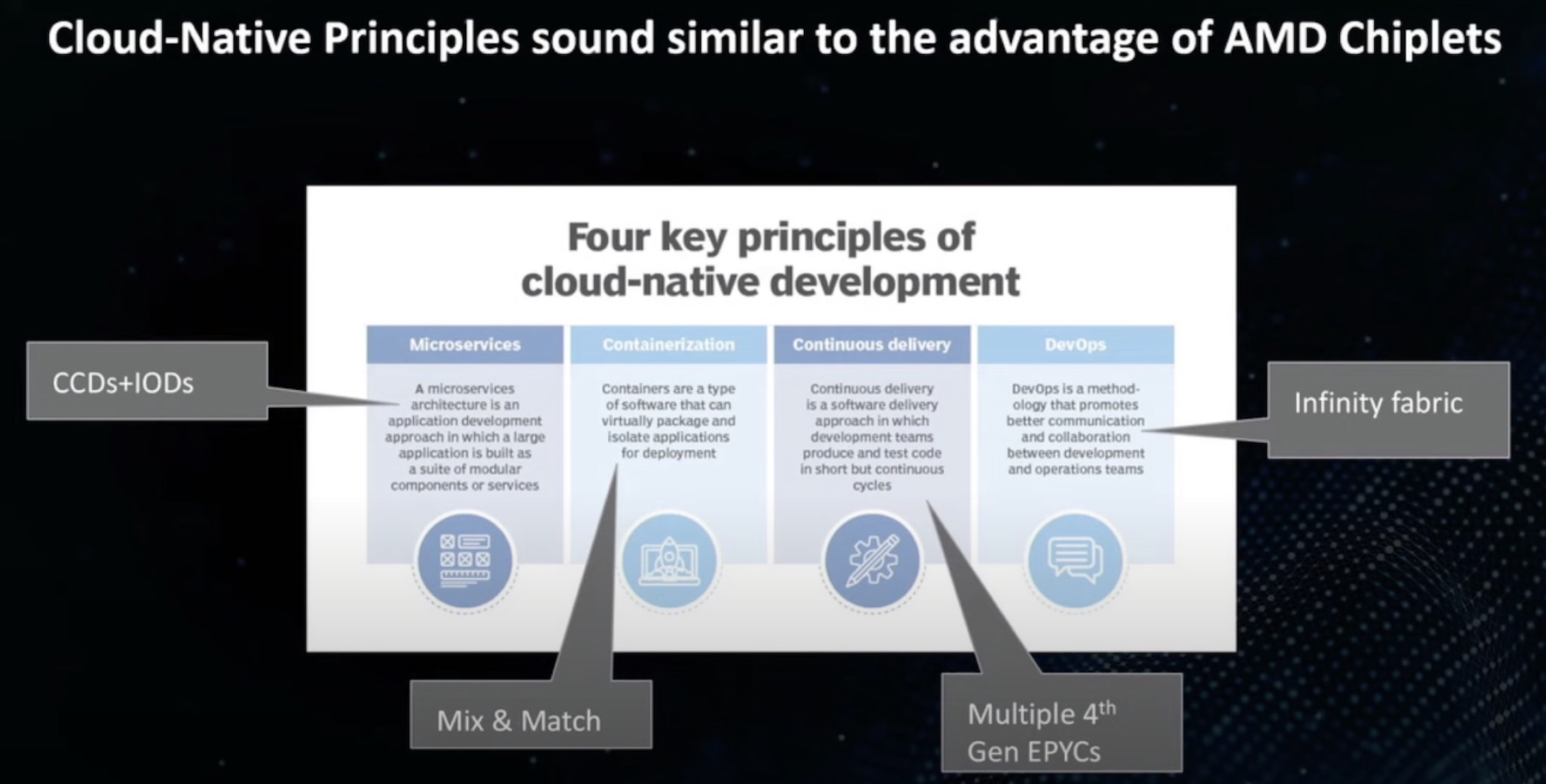Enterprise IT has undergone a revolution over the past several years. Procurement of infrastructure has gone from a days or weeks long process to mere minutes or even seconds thanks to the rise of DevOps and cloud computing. This has enabled application development to take on an extremely rapid pace of development which allows for frequent feature releases and bug fixes. Overall this has been seen as a great step forward in IT operations.
The Consequences of Reduced Friction
With this rapid increase in the speed of application development and delivery however came a side effect not everyone was able to foresee, an explosion of uncontrolled costs. Now that deploying new services and infrastructure is as easy as swiping a credit card and with little to no governance or oversight, spending can grow out of control quickly. In fact an entire industry has emerged who’s sole purpose is to help customers understand and control their cloud costs. Consulting and product development in the cloud financial management space are a burgeoning industry.
Working Together to Gain Control
Now that the problem of slow IT operations and application development has largely been solved by DevOps, we have traded one problem for another and we face the challenge of not only controlling, but understanding cloud costs. Much as DevOps led to the destruction of IT silos and forced different departmental functions to work together and understand each other’s practice, there is a call for IT and business financial teams to work together to understand and control costs. In response to this, cloud financial management company Cloudability is announcing the formation of the non-profit FinOps foundation in conjunction with other companies such as Atlassian, Autodesk and HERE Technologies.
The FinOps foundation will be focused on establishing best practices around cloud cost management and sharing of research, feature articles and commentary within the cloud economics space. Additionally a forthcoming book be published by O’Reilly containing real world examples of success, and more importantly failures by some of world’s top cloud spenders. It may seem that this is an initiative targeted at enterprise organizations that have been historically on-premises and in need of guidance as they begin their cloud journey. While this is certainly a large portion of the intended audience of the FinOps foundation, I discovered in my conversations with Cloudability that many of the “born in the cloud” companies also struggle with proper cloud cost management and are in need of guidance as well.
Ken’s Conclusion
The overall challenge is not necessarily to understand HOW to use cloud services. The engineers and architects at many a SaaS provider and enterprise already understand the key concepts of provisioning resources programmatically and taking advantage of the elasticity of letting someone else manage the underlying infrastructure. The larger challenge is optimizing use of the easy to consume services that these architects and engineers are already familiar with. Understanding how fully utilized resources are and whether they should be resized or even destroyed is an exercise that needs to be carefully controlled in a repeatable process.
Providing visibility and making sense of costs for decision makers is akin to providing infrastructure that is easy to control and understand to developers. At one point it may have been seen as a risky prospect, but is quickly becoming a necessity for all involved. Whether or not the name “FinOps” sticks is anybody’s guess. The practice of optimizing cloud spending is here to stay however. Much like the DevOps revolution before it, with the quick spread of tips via blog posts, social media, meetups, and even books like the Phoenix project, the first person or group that can identify “a better way” to approach this challenge will dominate the conversation for years to come.




